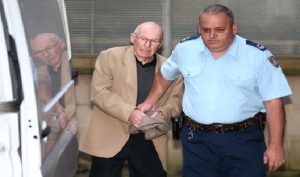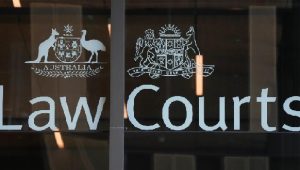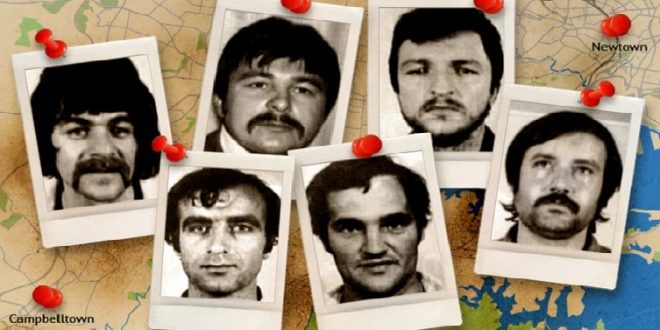13-12-2023
Bureau Report + Agencies
MELBOURNE/ SYDNEY: More than four decades after they were convicted in one of Australia’s longest-running criminal trials, the evidence used to jail six former Yugoslav migrants is being re-examined to determine if they were victims of a miscarriage of justice.
 A rare judicial inquiry in the state of New South Wales (NSW) began investigating this month the convictions of six Croatian-Australian men found guilty in 1981 of plotting to bomb sites across Sydney, Australia’s biggest city.
A rare judicial inquiry in the state of New South Wales (NSW) began investigating this month the convictions of six Croatian-Australian men found guilty in 1981 of plotting to bomb sites across Sydney, Australia’s biggest city.
A Supreme Court judge ordered the inquiry on the grounds that there were “doubts” and “questions” about the evidence provided to the trial by police officers and a key witness, who Australia’s domestic spy agency suspected may have been an informant for the state intelligence agency of the then-Yugoslavia, the Eastern European country that eventually broke up in a wave of nationalism in 1991.
“The members of the ‘Croatian Six’ for whom I act have always and steadfastly maintained their innocence,” said Sebastian De Brennan, one of the lawyers representing the three men on whose behalf the judicial review application was made: Vjekoslav Brajkovic, Maksimilian Bebic and the late Mile Nekic, who died last year in Croatia.
De Brennan told Al Jazeera the inquiry was “a vindication for my clients who wanted nothing more than to have their names, and those of the many other Croatian-Australians whose good reputations were tarnished by the case, cleared.”
 The inquiry will also examine the cases of the three other members of the “Croatian Six”: Anton Zvirotic and brothers Ilija and Joseph Kokotovic.
The inquiry will also examine the cases of the three other members of the “Croatian Six”: Anton Zvirotic and brothers Ilija and Joseph Kokotovic.
All six men were recent migrants from Yugoslavia when they were arrested in Sydney and the NSW town of Lithgow in February 1979.
After a 172-day trial in the NSW Supreme Court, in February 1981, they were convicted of involvement in a conspiracy to bomb two travel agencies, a Serbian community club, a suburban theatre and Sydney water supply pipes. They were also convicted on charges of possessing explosives and each sentenced to a maximum of 15 years in prison. They served sentences of 10 years before being released in 1991.
Multiple legal appeals and applications for judicial review were unsuccessful but in 2022, after examining new information submitted to the NSW Supreme Court, Judge Robertson Wright ordered a judicial inquiry into the convictions.
 Pressmediaofindia
Pressmediaofindia




